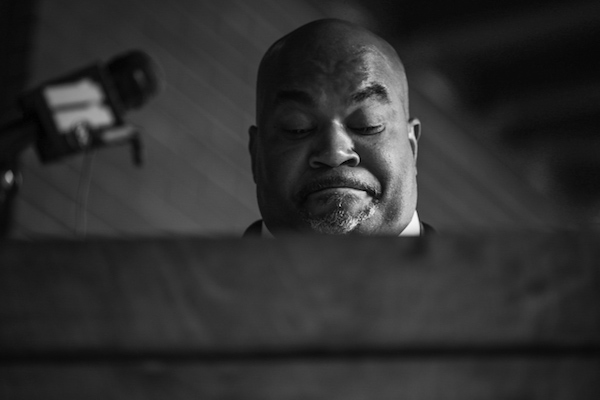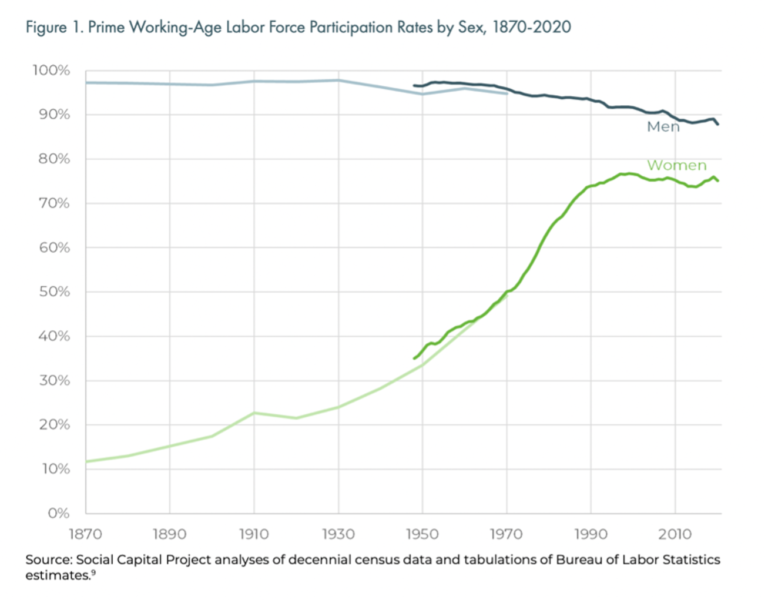Uninsured individuals with limited access to primary care are at greater risk of being hospitalized for ACS conditions, incurring potentially unnecessary costs for hospitals and healthcare systems. However, few large-scale, multi-year studies have focused on how free clinics affect hospitalizations for ACS conditions for uninsured adults. This study finds that proximity to a free clinic significantly reduces an uninsured individual’s odds of a hospitalization for an ACS condition.
These were the findings of a recently published study looking at the effect of free and charitable clinics in North Carolina on the likelihood of someone being hospitalized with an Ambulatory care sensitive condition. Ambulatory care sensitive conditions are conditions that could have been avoided if the individual had appropriate access to a primary care doctor at a young age.
The study asked the question of whether the proximity of a free and charitable clinic would reduce the proportion of uninsured adults that were hospitalized with one of these conditions. Free and charitable clinics offer some health services to low income, uninsured patients for very little or no cost. As of this post, North Carolina has around 67 free and charitable care clinics that offer services to assist with dental, medical, mental health, prescription drugs, social services, and other issues.
The study suggests that when individuals have access to primary care services, they are less likely to develop these conditions which require expensive monitoring later in life. Treating conditions in a hospital setting is considerably more expensive than treating them in an outpatient setting. If a low-income, high-risk individual has access to a free and charitable clinic early in life to treat issues that would usually be handled by a primary care doctor – then there is a greater chance that the individual will require less care for this sort of condition later in life.


